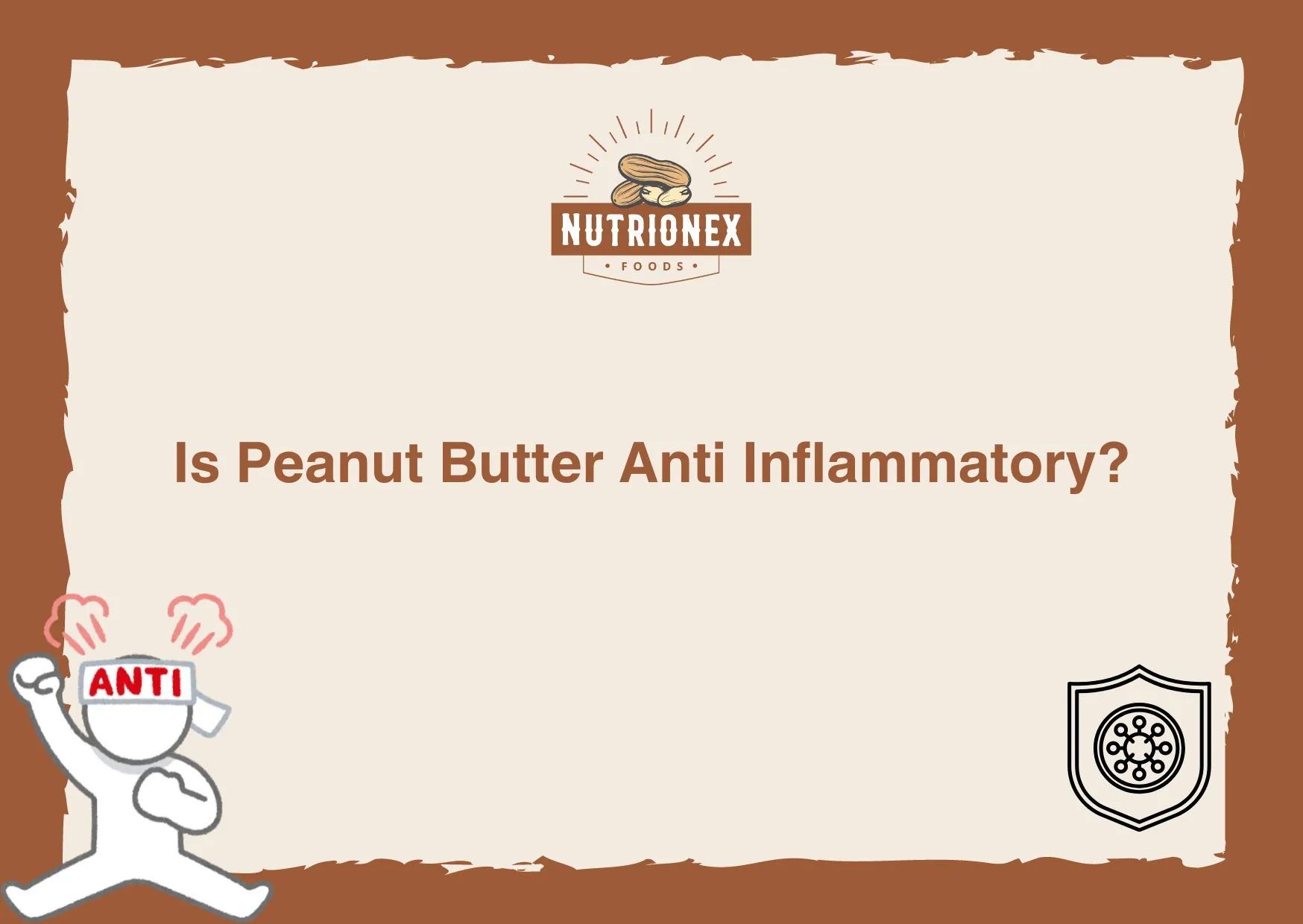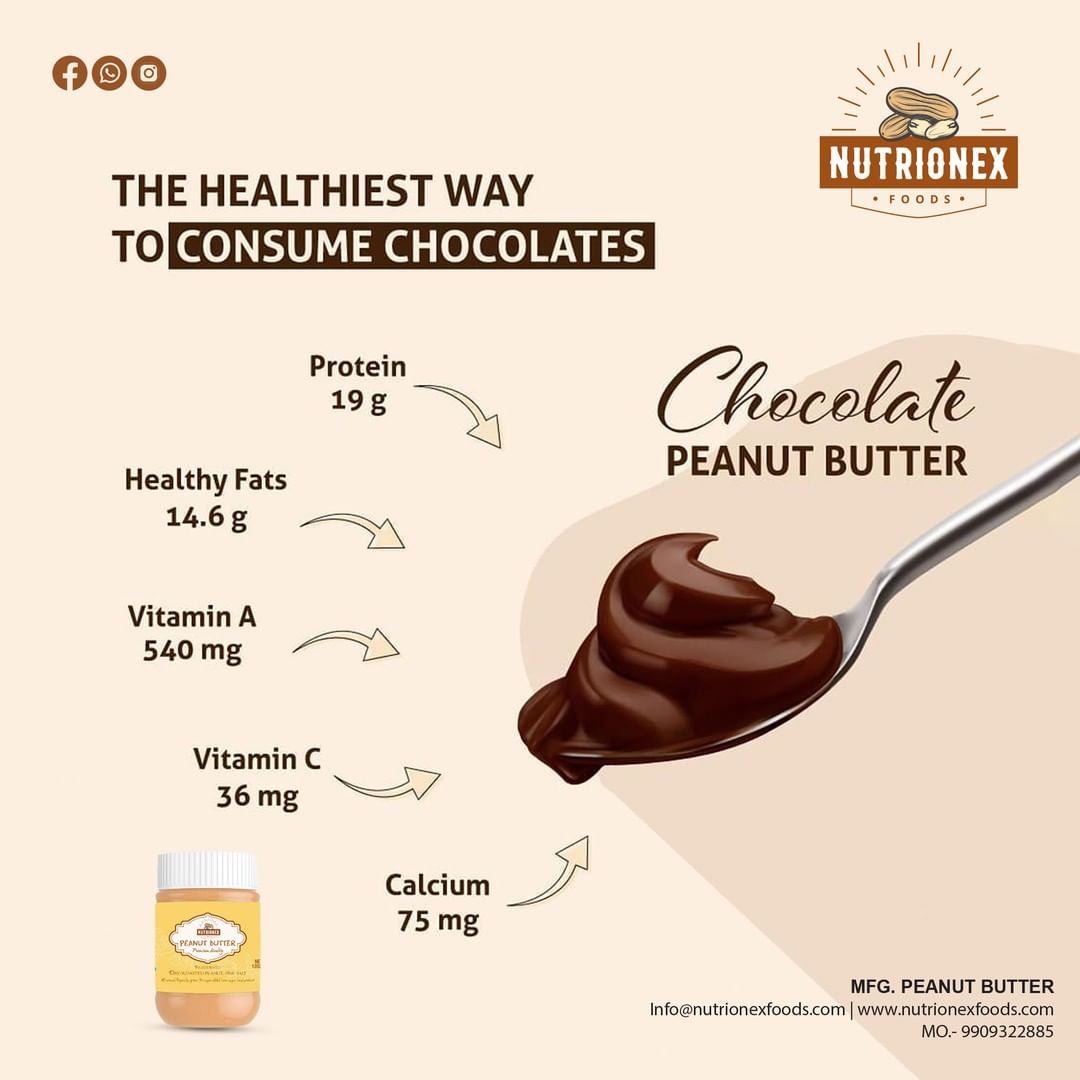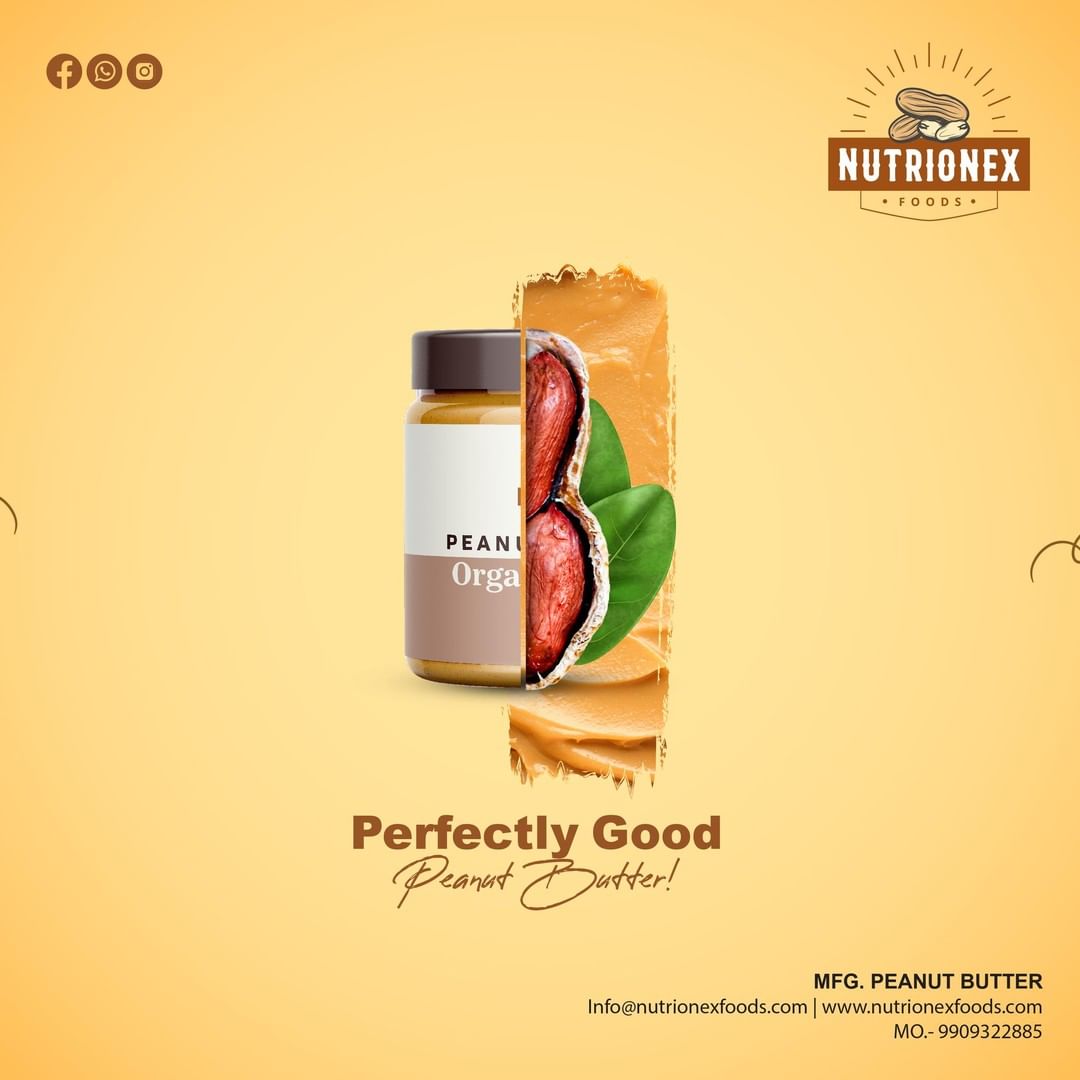
Is Peanut Butter Anti Inflammatory?
You love peanut butter. From your favorite childhood sandwiches to your go-to midnight snack, that creamy nutty goodness just hits the spot. But have you ever wondered if your favorite spread is actually good for you beyond just tasting delicious? Well, get ready for some great news, peanut butter lovers. New research shows that good ol' PB might actually have anti-inflammatory properties.
Who would have thought your favorite comfort food could be helping to fight inflammation? In this article, we’ll break down the science and look at the potential health perks of peanut butter. We’ll talk about which nutrients make it anti-inflammatory, how much you need to eat to get the benefits, and the best kinds of peanut butter to choose. Get ready to feel good about licking the spoon after making your PB&J!
Peanut Butter: Anti-Inflammatory Secret
The Anti-Inflammatory Properties of Peanuts and Peanut Butter
Peanuts and peanut butter contain compounds that can help reduce inflammation in the body. Omega-3 fatty acids Peanuts contain omega-3 fatty acids, which are anti-inflammatory. Omega-3s help block chemicals that cause inflammation. Eating just 1 ounce of peanuts provides about 2 grams of omega-3s, which is a good boost to your daily needs.
-
Resveratrol
Peanuts also contain resveratrol, an antioxidant that helps fight free radicals that can cause cell damage and inflammation. Resveratrol acts as an anti-inflammatory agent in the body.
-
Magnesium
Peanuts are also high in magnesium, which helps regulate inflammation levels in the body. Magnesium helps reduce inflammatory markers like C-reactive protein. Just 1 ounce of peanuts has about 15% of your daily magnesium needs.
-
Vitamin E
Peanuts are loaded with vitamin E, a powerful antioxidant that protects cells from damage and helps reduce inflammation. Vitamin E acts as an anti-inflammatory in the body, helping to lower inflammation levels. One ounce of peanuts has about 20% of your daily vitamin E needs.
While peanuts do contain compounds that can help reduce inflammation, they are high in omega-6 fats which may promote inflammation in some people. However, when consumed in moderation as part of a balanced diet, peanuts and peanut butter can absolutely be part of an anti-inflammatory eating plan. Spread some peanut butter on whole grain toast, sprinkle some peanuts on your yogurt or salad, or just enjoy a small handful as a snack. Your body will thank you for the inflammation-fighting nutrition.
How Peanut Butter Is Made by Manufacturers Like Nutrionex Foods
Peanut butter starts with peanuts, obviously. After harvesting, the peanuts are shelled and cleaned. The peanuts then go through a blanching process to remove the skins. The peanuts are roasted to enhance the flavor before being ground into a paste.
-
Grinding the Peanuts
The peanuts are fed into large grinders that crush them into a paste. The paste is very oily at this point. Manufacturers will often add stabilizers like hydrogenated vegetable oil and sugar to improve texture and prevent separation. The specific ingredients used depend on the particular brand and variety of peanut butter being made.
-
Adding Other Ingredients
Besides stabilizers, other ingredients are commonly added to peanut butter like salt for flavor and preservatives to increase shelf life. Some peanut butters also have molasses, honey or maple syrup added as a sweetener. Reduced fat peanut butters replace some of the peanut oil with vegetable oil and sometimes milk solids. Organic and natural peanut butters typically have fewer added ingredients and no hydrogenated oils.
-
Packaging and Shipping
The final peanut butter is packaged into jars, tubs and other containers before being distributed to stores and customers. Large manufacturers like Nutrionex Foods have highly automated processes to fill and seal thousands of containers per hour. Proper storage and handling helps ensure maximum freshness and quality.
As you can see, while peanut butter starts as simple as peanuts and a little salt, commercial manufacturing does involve additional processing and ingredients. But when done right, the end result is the creamy and delicious peanut butter we all know and love.
As you can see, while peanut butter starts as simple as peanuts and a little salt, commercial manufacturing does involve additional processing and ingredients. But when done right, the end result is the creamy and delicious peanut butter we all know and love. So next time you reach for that jar of peanut butter, know that you’re not only satisfying your taste buds but also nourishing your body with powerful anti-inflammatory properties. It’s time to spread the love for peanut butter and its amazing health benefits!
Is Peanut Butter Anti-Inflammatory? - FAQ
1. Is peanut butter actually anti-inflammatory?
Yes, peanut butter contains several compounds that have been found to possess anti-inflammatory properties. These include omega-3 fatty acids, resveratrol, magnesium, and vitamin E, all of which play a role in reducing inflammation in the body.
2. Can eating peanut butter help reduce inflammation?
While peanut butter contains anti-inflammatory compounds, it's important to note that it also contains omega-6 fats, which may promote inflammation in some individuals. However, when consumed in moderation as part of a balanced diet, peanut butter can be a beneficial addition to an anti-inflammatory eating plan.
3. Are there different types of peanut butter that offer more anti-inflammatory benefits?
Organic and natural peanut butters typically contain fewer added ingredients and no hydrogenated oils, making them a healthier choice. However, it's essential to check labels and choose peanut butter with minimal added sugars and preservatives for the most health benefits.


